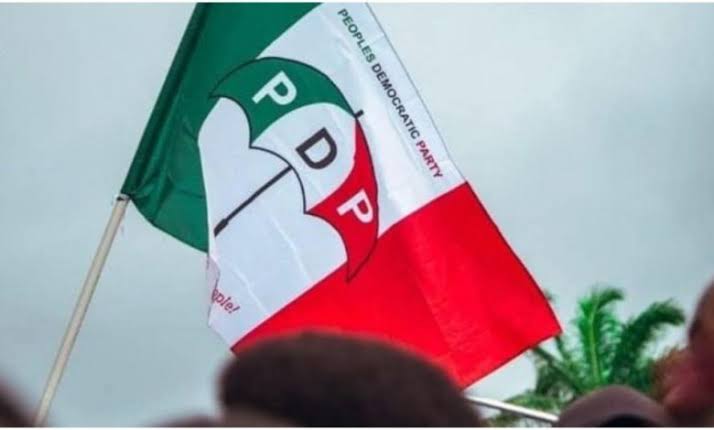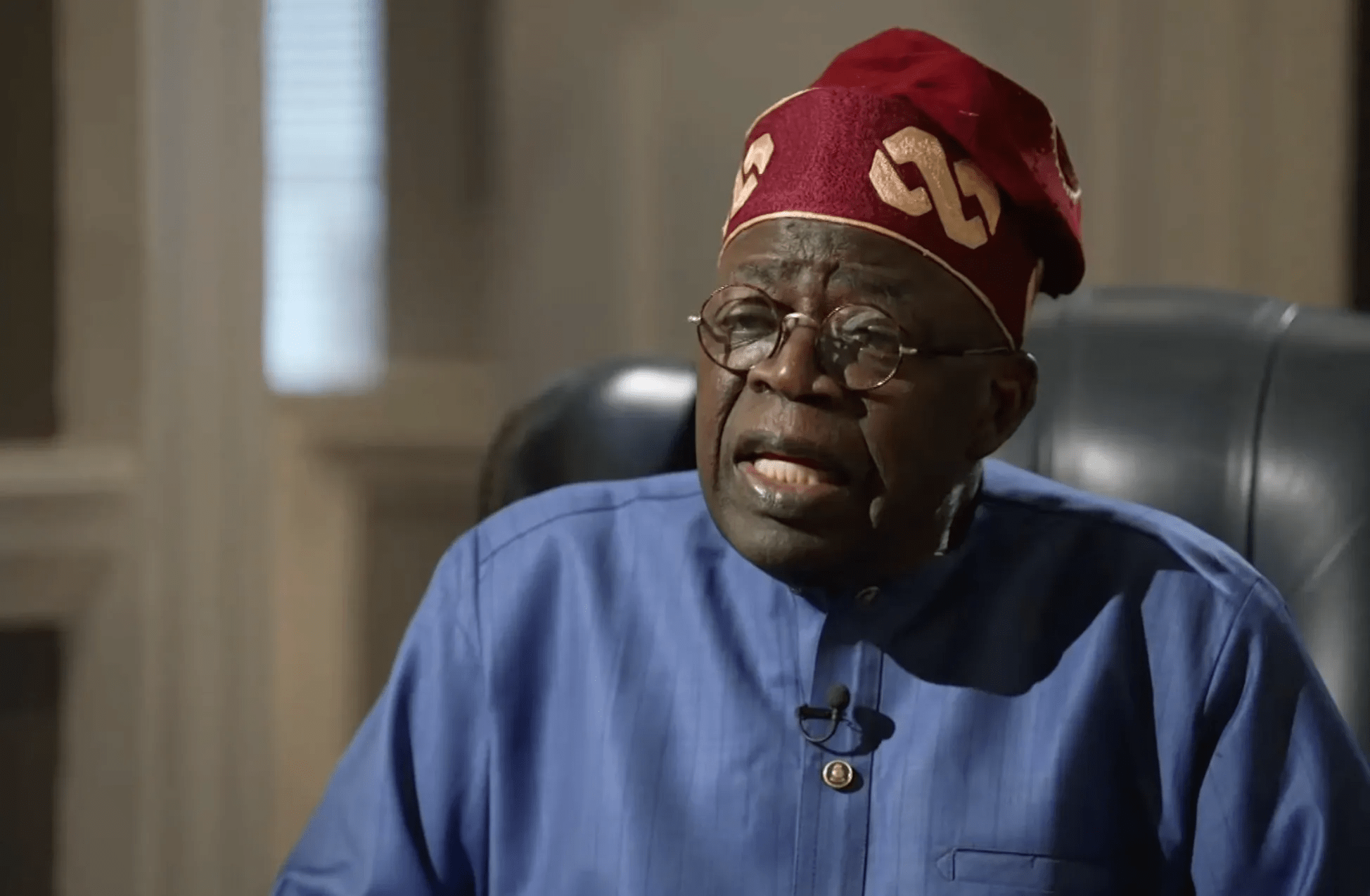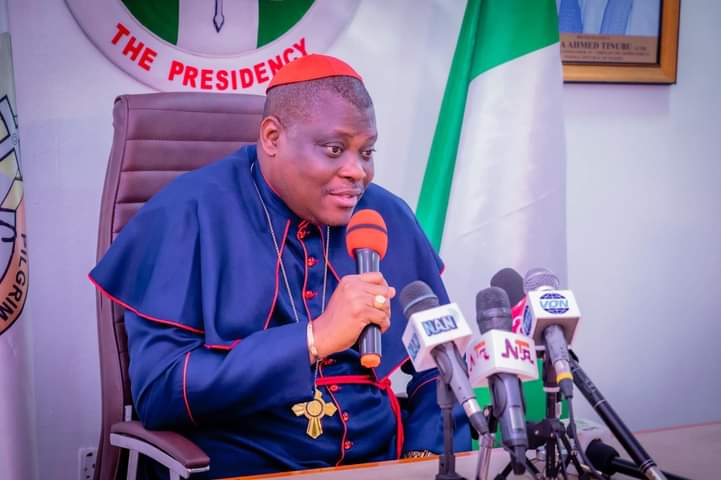Minimum Wage; Private Sector accepts Fed Govt’s offer, says “this is a very difficult time for everyone

Minimum Wage; Private Sector accepts Fed Govt’s offer, says, “this is a very difficult time for everyone
The Director-General of the Manufacturing Association of Nigeria, Ajayi Kadri, confirmed that the organized private sector accepted the Federal Government’s proposal for a new minimum wage of N60,000. He revealed this during an interview with Channels TV in Abuja, emphasizing that negotiations were centered on establishing a minimum wage rather than a living wage. Kadri highlighted economic challenges faced by both labor and private businesses, making it tough to meet wage demands from labor unions.
He stated, “To start with, this is a very difficult time for anyone to negotiate minimum wage. From the perspective of government, labour and organized private sector, we operate in an environment where there is general acceptance of the fact that the macroeconomics are not right, even the global economy is experiencing a lot of shakeups and the aftermath of government necessary reforms.
“From the beginning of the negotiations of the minimum wage, it’s evident to the tripartite— that is the government, labour, and organized private sector— that we are going to operate in a difficult terrain.
“Incidentally, the organized private sector and government have offered N60,000 as the minimum wage and I think it is very important for us to understand that what we are talking about is the minimum wage. That is what some people have called the walk-in wage. That is the amount we will pay the least workers in the country. It is the minimum wage we are negotiating, not a living wage,” Ajayi said.
Ajayi disclosed that both the government and the private sector are grappling with significant constraints in meeting the proposed N419,000 living wage request. He cited economic challenges and inflation as obstacles for the private sector to pay such an amount. He suggested that it’s not the opportune moment for organized labor to negotiate a new minimum wage, proposing instead collaboration with other stakeholders to bolster the economy.
“All of us in the tripartite— the government, the labour, and the private sector — we all knew that we were operating in a very difficult environment. The government itself realized that it had limited capacity to pay. The private sector is constrained by microeconomic, infrastructure and security challenges. So, we are also constrained to pay.
“Labour on its part, is under intense pressure from its constituencies to ask for a higher wage because inflation has hit the roof and the operating environment is tough.
“Throughout the negotiation process, we made it known that this is not the best time to negotiate minimum wage. This is the time for us to agree, the crew behind the government, and grow the economy in such that we will bake a bigger cake and then we’ll be able to share,” the director general added.
Ajayi appealed to organized labor to reconsider its decision to initiate a nationwide strike, emphasizing that walking out of discussions and declaring a strike would not be beneficial. He expressed disappointment that labor rejected the N60,000 offer from the government and the organized private sector, opting instead for a nationwide strike.
“We cannot afford to cripple the economy when all we needed to do was continue to build it. I think President Tinubu was very clear when he emerged as president that these are not going to be easy times and I think we needed to tighten our belts to deliver on economy that we know has been seriously battered,” Ajayi-Kadir said on Channels Television’s Sunrise programme on Saturday.
“Of course, the government on its own side has to demonstrate leadership, sensitivity and sense and sense of mind as well as the sense of occasion of the period that we are in. So, government expenditure, government choices of what needs to be done, how much to be spent, the cost of governance itself, all of it has to come to the table.
“I think what labour is actually worried about is that they appear to be the ones on the brunt of it but we needed to be able to engage, walking out on the process and declaring strike, I do not think that that is what is going to solve this issue,” he added.
Organized labor declared a nationwide indefinite strike on Friday due to the Federal Government’s refusal to increase the proposed minimum wage from N60,000. They stated that the strike was initiated after their earlier request for the government to conclude all negotiations for a new minimum wage before the end of May went unanswered.





